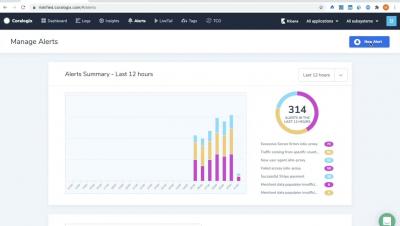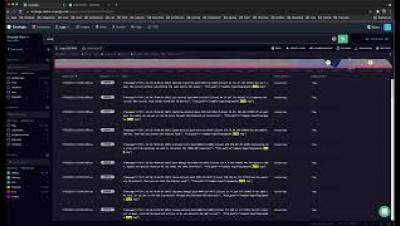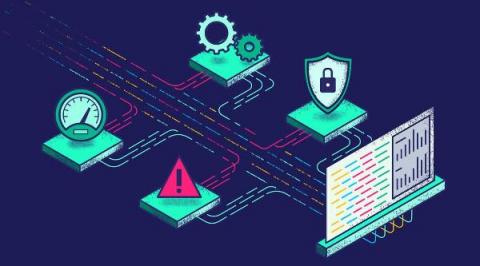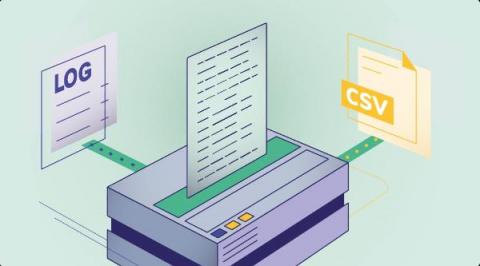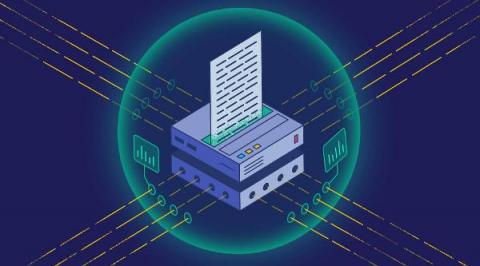Operations | Monitoring | ITSM | DevOps | Cloud
August 2021
New Logs Screen
Logging Best Practices: Knowing What to Log
First of all, don’t ask this! Instead of asking what to log, we should start by asking “what questions do we want to answer?” Then, we can determine which data needs to be logged in order to best answer these questions. Once a question comes up, we can answer it using only the data and knowledge that we have on hand. In emergent situations such as an unforeseen system failure, we cannot change the system to log new data to answer questions about the current state of the system.
Observability and Cyber Resiliency - What Do You Need To Know?
Observability is one of the biggest trends in technology today. The ability to know everything, understand your system, and analyze the performance of disparate components in tandem is something that has been embraced by enterprises and start-ups alike. What additional considerations need to be made when factoring in cyber resiliency? A weekly review of the headlines reveals a slew of news covering data breaches, insider threats, or ransomware.
Elevate your event data with Custom Data Enrichment in Coralogix
Have you ever found yourself late at night combing through a myriad of logs attempting to determine why your cluster went down? Yes, that’s a really stressful job, especially when you think about how much money your company loses as a result of these incidents. Gartner estimates that the revenue lost due to outages is around $5,600/minute, which amounts to more than $330K/hour.
Adding Observability to your CI/CD pipeline in CircleCI
In modern software systems, it is common for several developers to work on the same project simultaneously. Siloed working with infrequent merging of code in a shared repository often leads to bugs and conflicts that are difficult and time-consuming to resolve. To solve this problem, we can adopt continuous integration.
The latest Github outage and how it impacts observability
Every now and then, issues occur that disrupt the very fabric of global software engineering. Chief amongst them is the recent mass outage of Github. Github is a fundamental building block in software productivity, hosting over 190 million code repositories. Github hosts our code and libraries, runs build pipelines, and much more. It is a central hub of activity and it is consumed by tens of thousands of organizations.
Elasticsearch Release: Roundup of Changes in 7.13.3
Elastic made their latest minor Elasticsearch release on May 25, 2021. Elasticsearch Version 7.13 contains the rollout of several features that were only in preview in earlier versions. There are also enhancements to existing features, critical bug fixes, and some breaking changes of note. Three more patches have been released on the minor version, and more are expected before releasing the next minor version.


